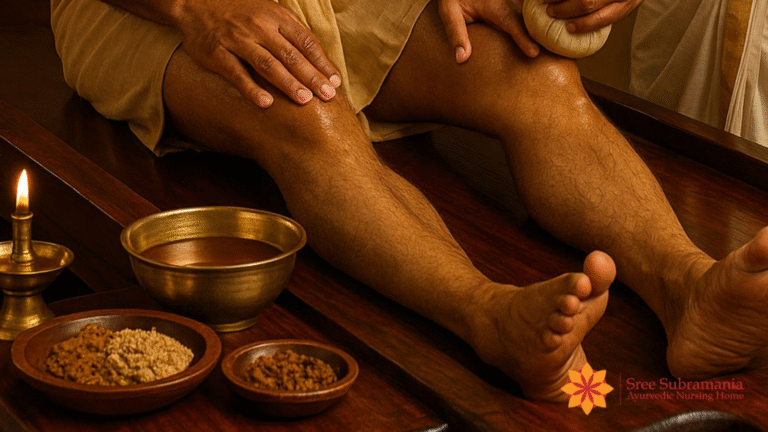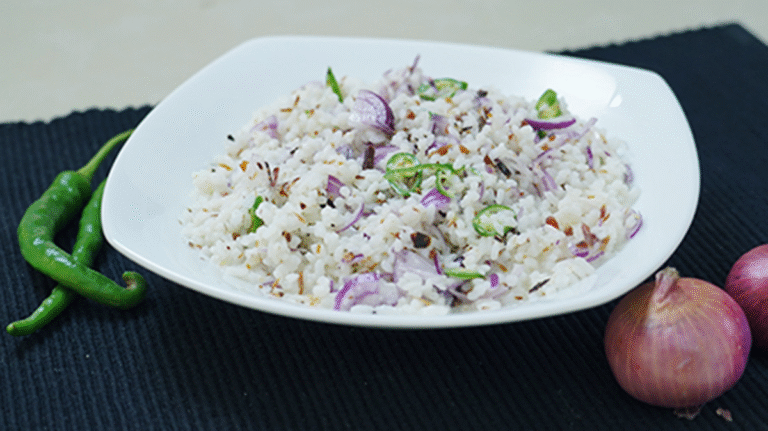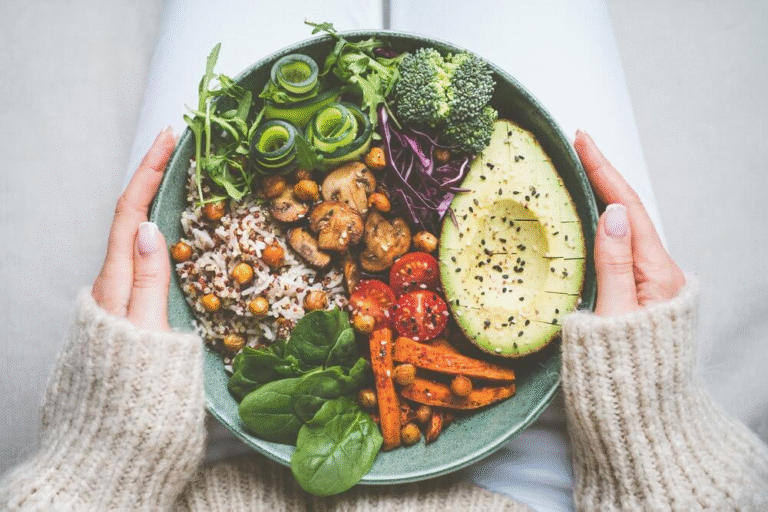Herbs and spices have been used for centuries in traditional medicine to support overall health and well-being. In Sri Lanka, traditional medicine is based on the principles of Ayurveda, an ancient form of healthcare that originated in India more than 5,000 years ago. In Sri Lanka, Ayurvedic medicine is known as Sinhala Ayurveda, and it has a long and rich history dating back to the 5th century BC. Sinhala Ayurveda practitioners follow the same principles as traditional Ayurvedic medicine, with a focus on natural remedies and preventative healthcare.
In this article, we will explore the role of herbs and spices in Sri Lankan traditional medicine, including their use for various health conditions and how to incorporate them into meals and self-care practices.
The Benefits of Herbs and Spices in Sri Lankan Traditional Medicine
Herbs and spices have a wide range of health benefits and are often used in traditional medicine to support overall health and well-being. Some potential benefits of herbs and spices include:
- Anti-inflammatory properties: Many herbs and spices have anti-inflammatory properties, which can help reduce pain and inflammation associated with various health conditions.
- Immune support: Some herbs and spices are believed to support the immune system, helping to prevent illness and promote overall health.
- Digestive support: Many herbs and spices are believed to improve digestion and reduce symptoms of digestive disorders.
- Antioxidant properties: Some herbs and spices are high in antioxidants, which can help protect the body from damage caused by free radicals.
Types of Herbs and Spices Used in Sri Lankan Traditional Medicine
There are many herbs and spices used in Sri Lankan traditional medicine to support overall health and well-being. Some common herbs and spices used in traditional medicine include:
- Turmeric: Turmeric is a spice that is commonly used in Sri Lankan cooking and traditional medicine. It has anti-inflammatory properties and is believed to support the immune system and improve digestion.
- Ginger: Ginger is another spice that is commonly used in Sri Lankan traditional medicine. It has anti-inflammatory properties and is believed to improve digestion, reduce nausea, and boost immunity.
- Cinnamon: Cinnamon is a spice that is commonly used in Sri Lankan traditional medicine. It has anti-inflammatory properties and is believed to improve digestion and boost the immune system.
- Cumin: Cumin is a spice that is commonly used in Sri Lankan traditional medicine. It has anti-inflammatory properties and is believed to improve digestion and boost the immune system.
- Coriander: Coriander is a herb that is commonly used in Sri Lankan traditional medicine. It is believed to have antioxidant properties and may support digestion and reduce inflammation.
How to Incorporate Herbs and Spices into Meals and Self-Care Practices
Herbs and spices can be easily incorporated into meals and self-care practices to support overall health and well-being. Here are some tips for incorporating herbs and spices into your daily routine:
- Use herbs and spices in cooking: Incorporating herbs and spices into your cooking is a simple way to add flavor and nutrition to your meals. Try using turmeric in curries, ginger in stir-fries, or cinnamon in desserts.
- Take herbs and spices as teas or capsules: Herbs and spices can be taken as teas or capsules for added health benefits. For example, turmeric or ginger tea can be a soothing and nourishing beverage, while capsules of cinnamon or cumin can be taken as a supplement.
- Use herbs and spices in self-care practices: Herbs and spices can be used in self-care practices such as massage and bodywork or in homemade beauty products. For example, turmeric can be used in a face mask to nourish the skin, or ginger can be added to a warm oil massage to reduce inflammation and improve circulation.
Considerations for Using Herbs and Spices in Sri Lankan Traditional Medicine
While herbs and spices can be beneficial in supporting overall health and well-being, it is important to keep the following considerations in mind when using them in traditional medicine:
- Complementary care: Herbs and spices should be used as a complement to, not a replacement for, Western medical care. It is important to consult with a healthcare professional and follow their recommended treatment plan.
- Individualized treatment: The use of herbs and spices in traditional medicine is often tailored to the individual, taking into account their unique constitution, or dosha. It is important to work with a qualified Ayurvedic practitioner to determine the most appropriate use of herbs and spices.
- Safety: Some herbs and spices may interact with medications or have potential side effects. It is important to consult with a healthcare professional and disclose any herbs or spices being taken to ensure safety.
Conclusion
Herbs and spices play a vital role in Sri Lankan traditional medicine, providing a range of health benefits and being used to support overall health and well-being. These natural remedies can be easily incorporated into meals and self-care practices and can be used in conjunction with Western medical treatment to provide a holistic approach to healthcare. However, it is important to consult with a healthcare professional and work with a qualified Ayurvedic practitioner to ensure the safety and effectiveness of these remedies.




